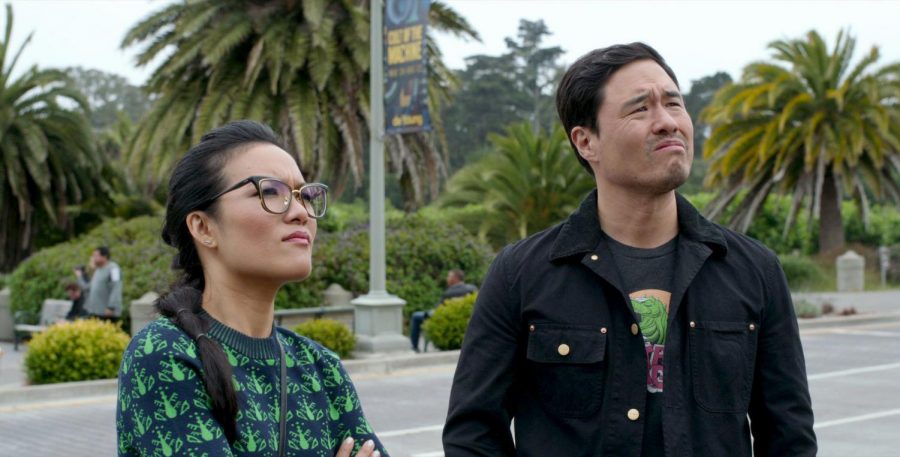Everyone has seen the cliche tropes of boy meets girl, the hired date to a wedding, the inappropriate bet from the friends, the exaggerated makeover, the guy finally escapes the friend zone, love rekindles by chance – but do all these rom-com tropes set an unrealistic expectation?
The romantic-comedy genre is considered a classic and often categorized as “chick-flicks,” but film analysts and relationship counselors worry people take the movies too seriously.
“Relationship counselors often face common misconceptions in their clients,” said Dr. Bjarne Holmes, a research professor who worked at the Heriot Watt University’s Family and Personal Relationships Laboratory. “That if your partner truly loves you they’d know what you need without you communicating it, that your soulmate is predestined. We did a rigorous content analysis of romantic comedies and found that the same issues were being portrayed in these films.”

Film historians believe romantic comedies stem from 1930’s Classic Hollywood, where “screwball comedy” formed.
It played on two dynamic characters with contrary personalities, creating the opposites attract concept. Screwball comedies also introduced characters in an awkward meet-up, resulting in the “meet-cute” idea.
The characters often lived high social lives and served as escapism for moviegoers. Howard Hawk’s 1938 film “Bringing Up Baby” starring Katherine Hepburn and Cary Grant toyed with gender and class roles that contrasted with the old-fashioned beliefs. Because of this shift and success, movie studios continued to develop a genre now known as romantic comedies.
Like “Crazy Rich Asians” (2018) and “Always Be My Maybe” (2019), other movies show women already established professional careers.

It isn’t the change in gender and class roles that concern researchers or relationship counselors, but the overdone romance and dangerous behavior are often assumed as romantic gestures.
“As a culture, we tend to mock or condemn genres favored by women consumers rather than asking what they might get out of watching fictional relationships that may not resemble reality. [Rom-coms] might exaggerate aspects of gender difference in ways that are pleasurable, idealized, or funny,” said UNF English and film professor Dr. Nicolas de Villiers. “One problem would be the lack of media literacy about the differences between fiction and reality or unrealistic expectations.”
Researchers also criticize the glamorization of stalking from either party, thus downplaying the potential risks. Relationship counselors try to help clients distinguish the difference between fiction and reality.
And the only way to avoid future couple problems caused by rom-coms is by employing media literacy and a healthy dose of suspicion.
___
For more information or news tips, or if you see an error in this story or have any compliments or concerns, contact editor@unfspinnaker.com.











